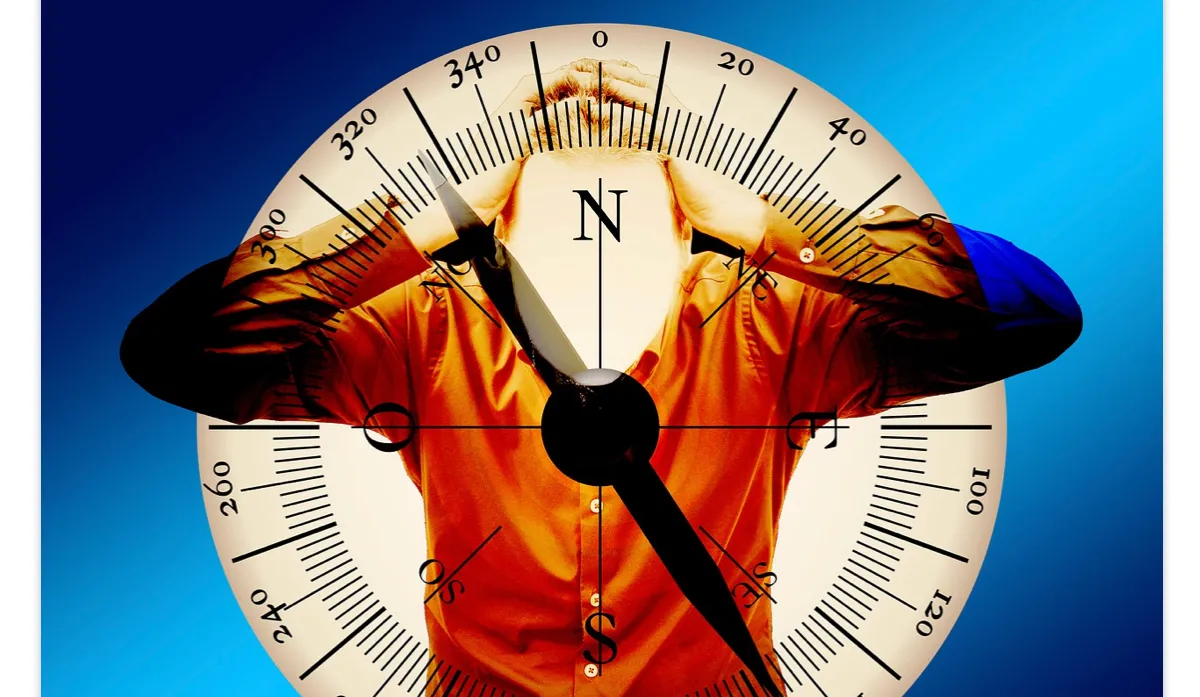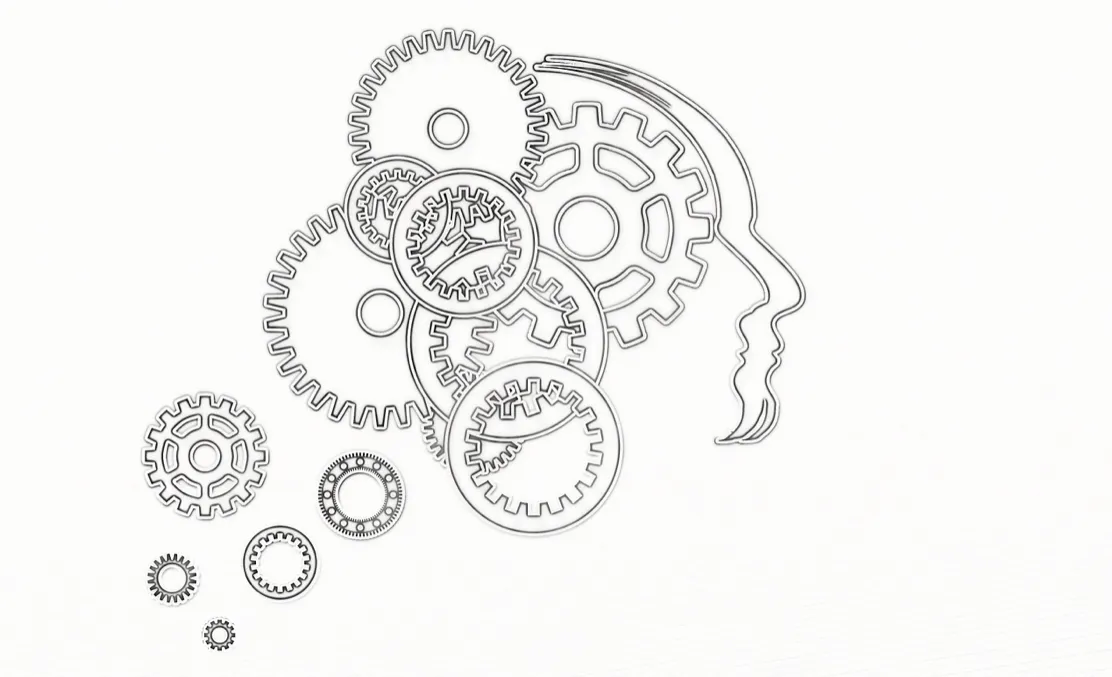I haven’t smoked a cigarette for about three years but there isn’t a day that goes by I don’t think about it. I think about that head change the first cigarette of the day was good for—it only lasted about 30 seconds but it’s arguably the most spectacular 30 seconds across all head change platforms.
I had to quit—there’s a difference. If you want to quit or know you should quit, need to quit, would like to quit, whatever, those are all different than ‘had to.’ I had to.
I began scuba diving back in 2016, that’s what forced me to quit smoking cigarettes. There’s a serious danger to account for while scuba diving called decompression sickness. What it is, in the simplest explanation I can think of, is all of those little bubbles you see on your flesh when you’re under water didn’t have the opportunity to escpape your flesh into the surrounding water due to carbon monoxide in your blood from cigarettes. Rather than dissipate around you, they don’t exit your skin and instead get trapped inside your blood stream. Carbon monoxide in your blood and/or surfacing too quickly after diving at specified depths are the causes of decompression sickness. That’s my “simplest explanation,” not science. The medical challenges surrounding anything trapped in your blood stream can be life threatening, especially oxygen. Well, scuba divers who smoke are 80% more likely to suffer from decompression sickness than a non smoking diver. I quit, I had to—that was three years ago and I haven’t smoked a cigarette since.
I know what it takes, I can walk you through it, I smoked a pack a day for over 20 years. Two decades later I stopped, if I can do it, anyone can—I developed a few defense tactics during the process that helped me out a lot, I’ll share them with you. The key to stopping cigarettes is understanding where the fight is.
(You’re about to read my point of view—my personal experience. My wife is also a former smoker, she quit about a year after I did. She’ll tell you it messed with her hormones and threw her cycle off for a little while which is obviously physical. I can’t attest to that but that’s what she said so it’s fact.)
Firstly, I’ll let you in on a secret—I’ve quit a lot of addictions. Done, each of them, cold turkey—done. I love this life, l.o.v.e, I love all of its temptations, too, I can’t get enough of it. I’m not proud to tell you I’ve battled my share of addictions but I’m elated to tell you I’ve quit every single one of them on my own with no professional assistance, no medical treatments, and I’ve never experienced a relapse—ever! I can tell you every.single.addiction known to human kind will cause physical withdrawals when you finally pull your head out of Uranus. Every.single.one of them, with the exception of cigarettes, will cause physical withdrawals. Cigarettes are mental—100%.
No sweaty palms or cold sweats, no itchy skin, no sleeplessness or restlessness, none of that. No physical exhaustion, either, no loss of appetite, paranoia, blurred vision—those are all physical. Constantly feeling for sweaty palms, though, making yourself believe you’re nervous, eagerly awaiting restlessness, talking yourself into eating or convincing yourself you’re not hungry are symptoms to be expected—mental.
The first thing you need to understand is your opponent. If you don’t understand who the fight is against, you’ll never win. It’s not against Marlboro or Camel, it isn’t against the liquor store, either, it’s not even against nicotine or big tobacco—you! You are your opponent and you’re going to fight yourself better than anyone you’ve ever met because you know how to. You know your weaknesses and strengths better than anyone. The more you know about your opponent, the more you can prepare and the better your chances are at victory.
Cigarettes work their way into every aspect of our lives—mental. Get in the car, want a smoke. Eat dinner, want a smoke. Watch a movie, want a smoke, they’re everywhere. They’re the first thing you think about when you wake up in the morning and the last thing you think about when you go to sleep—addiction 101.
“But if I only had one. Not even a whole one, just one puff. No, not one puff, about half of a cigarette, that’s it, only half” and this is about the time I’d finally get ahold of myself. “Get ahold of yourself!” Now I’m agitated, “all of these voices are your own voices!” I’m in a mental battle against my own self. There’s numerous council in my head and they’re all pleading their case, each of them maintaining their position. “You won’t even need a whole one, just enough to get that buzz. But then you’ll want to smoke the whole thing and it won’t stop there, then you’ll want two and” I’d have to get ahold of myself again. “Can you hear yourself?! You’re arguing with yourself again, get a grip.” But I can’t stop, “you’re telling yourself to get a cigarette at the same time you’re saying you won’t smoke a cigarette” and I’d have to get ahold of myself again.
The debates are real, they’re arguing inside my mind and I can’t make them stop. My hands are not sweaty or clammy, my appetite is fine, I have no problem sleeping but I can’t shut them off—100% mental.
They can be intense, the battle is real and, the sooner you realize the fight is against you and you only, the better your chances are at victory. It’s a constant fight, your defense arguments are daily, all day, and they don’t get any easier for at least three months. During my first six months of not smoking, I could smell a cigarette from long distances. There could be just two vehicles on the freeway, me and someone else who’s 100 yards in front of me but if they’re smoking a cigarette, I could smell it. “Just two puffs, that’s it, just enough to get that buzz, that’s it. It’s been so long since” and I’d have to get ahold of myself again, “get ahold of yourself—you’re doing it again!”
As time continued, I would get more frustrated because I know the battle isn’t anywhere except inside my own head, everyone who’s telling me what to do is me. The longer it would take to get control of myself, the more pissed off I would get. Now I’m irritated with myself and arguing with myself. It gets easier at about the six month mark.
Once you haven’t smoked a cigarette for a whole year which is nothing compared to a lifetime, the voices don’t say much, they’re still there and occasionally they’ll want that head change but I’m quick to ignore them. Two years of no smoking, they say even less and three years of no cigarettes—they’re just gross now. Now I see the price and don’t know how I afforded them for so long.
Understand your opponent. The person who goes to the store to buy a pack of cigarettes so you can just have a few puffs from just one of them is you. It’s your mouth, you’re holding the smoke with your hand, you did it. It’s all you. Welcome to a game of psychological warfare where your opponent is better and weaker than you at the same time, whichever is least inconvenient.
Victory is addicting. I turned the arguments into live debates and used the opportunity to sharpen my litigation skills. “Is that all you got?!” As soon as I would hear “just one, that’s all, not a whole pack or anything, just enough for that first buzz, that’s it” I’d call myself out, “that’s it, that’s all you got?! You think I’ll fold just because you don’t want a whole pack? Weak.” That’s when I began accepting the daily challenges like “get some new material, you already said that.” Everyone appreciates a good challenge, I admire them.
I became more confident debating against myself and knowing how to correct me. I used cigarettes and smokers I would see around me as leverage. Like shadow boxing and timing your breathing, knowing to exhale through a punch and to inhale when you’re in tight, knowing the distance between you and your opponent is critical—it’s all part of understanding your opponent. When I would see cigarettes in the store or smokers on the street, I wouldn’t allow “just one puff” to say anything. Now it sounds like “cigarette CEO’s don’t smoke those things, only we smoke those things—killing ourselves while CEO’s laugh all the way to the bank, that’s lame, get ahold of yourself.” Victory is addicting.
It isn’t easy—arguably the toughest addiction I’ve kicked. I hear heroin is a challenge, I know a couple of junkies who just can’t stop taking their self back to that poison, thank God I never got into that one. But it’s not impossible to keep the cigarettes out of your life—absolutely possible.
Another tactic that worked really well for me was telling myself how bad the smokers around me wish they could quit. “Not a single smoker wishes for it, they all wish they weren’t spending the money at the exact moment they’re buying a pack and they all wish they never would’ve started.” I like that voice, “they regret it the instant they light it” it said. I developed several tactics and each of them proved beneficial once I understood who my opponent was.
Factoring the money didn’t work, ‘I spend ‘x’ amount per month.’ That doesn’t work. Once you develop an addiction, the price comes with it, it’s included. You have to quit at the source.
Three years later and, here I am, telling you about how I stopped smoking the things when here we are, three years later, and I still miss that head change—that’s a powerful addiction, too powerful. The cigarette companies get away with ruining lives every day like nothing ever happened. “Just one puff, not even a whole one” and I have to get ahold of myself again, “get ahold of yourself!” Because if you’re not strong enough to battle yourself and win, you’re this, and nobody wants to be that.








